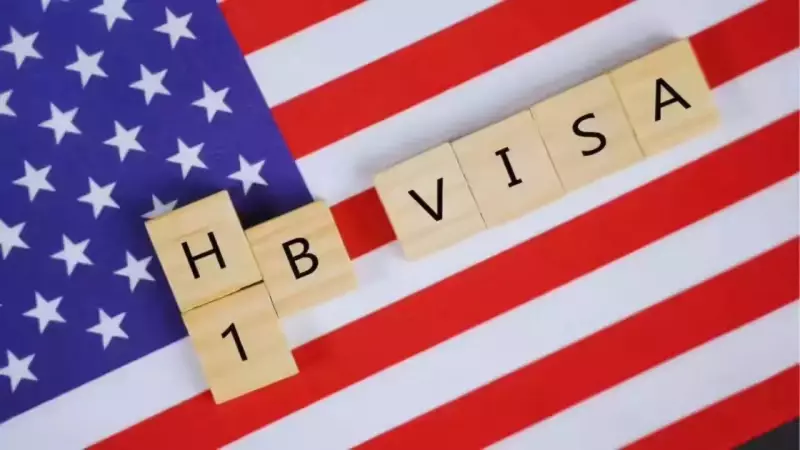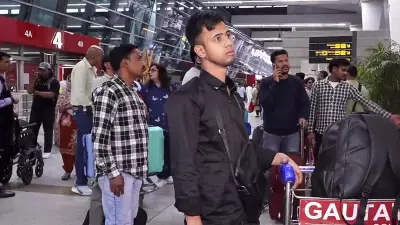
In a significant development that could reshape the landscape for Indian tech professionals, America's most prestigious universities have formed an unprecedented alliance with the US Chamber of Commerce to challenge a controversial $100,000 fee imposed on certain H-1B visa applications.
The Legal Battle Heats Up
The coalition has filed a lawsuit targeting what they describe as an "exorbitant and discriminatory" fee structure that could severely impact the flow of international talent to American institutions and corporations. This move represents one of the most powerful challenges to recent US immigration policy changes.
What's at Stake for Indian Professionals
The $100,000 fee, introduced through recent legislation, applies specifically to H-1B visa applications from employers with more than 50 employees where over half are on H-1B or L-1 visas. This provision directly affects many Indian IT companies and professionals who form the backbone of America's technology sector.
Key concerns raised by the plaintiffs include:
- Massive financial burden on companies hiring international talent
- Potential reduction in research and innovation at US universities
- Negative impact on America's global competitiveness in technology
- Discriminatory targeting of specific business models
University-Industry Alliance Forms
The lawsuit brings together an unlikely alliance of academic institutions and business interests, demonstrating the widespread concern about the fee's implications. Universities argue that the increased costs could hamper their ability to attract top global talent for research positions and academic collaborations.
"This isn't just about immigration policy—it's about America's future as a leader in innovation and technology," the coalition stated in their legal filing.
Broader Implications for US-India Relations
The outcome of this legal challenge could have far-reaching consequences for the longstanding technology partnership between the United States and India. Indian nationals typically receive the majority of H-1B visas each year, making this fee increase particularly significant for the Indian tech community.
The case is being closely watched by technology companies, educational institutions, and immigration advocates on both sides of the Pacific, as it could set important precedents for how the US balances immigration control with economic competitiveness.






